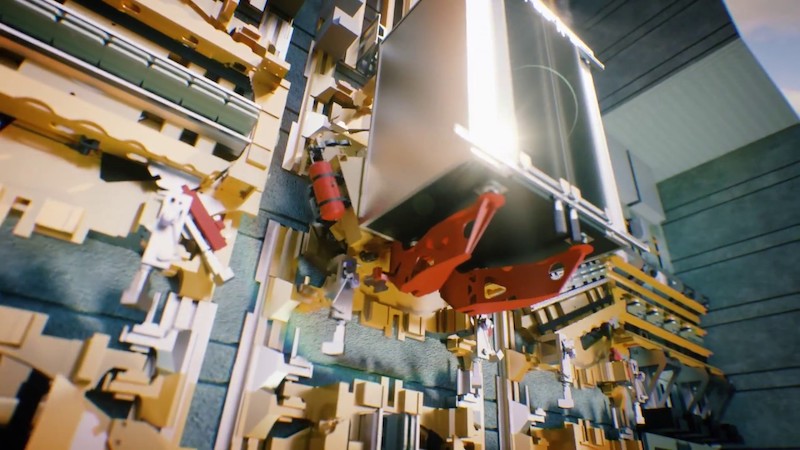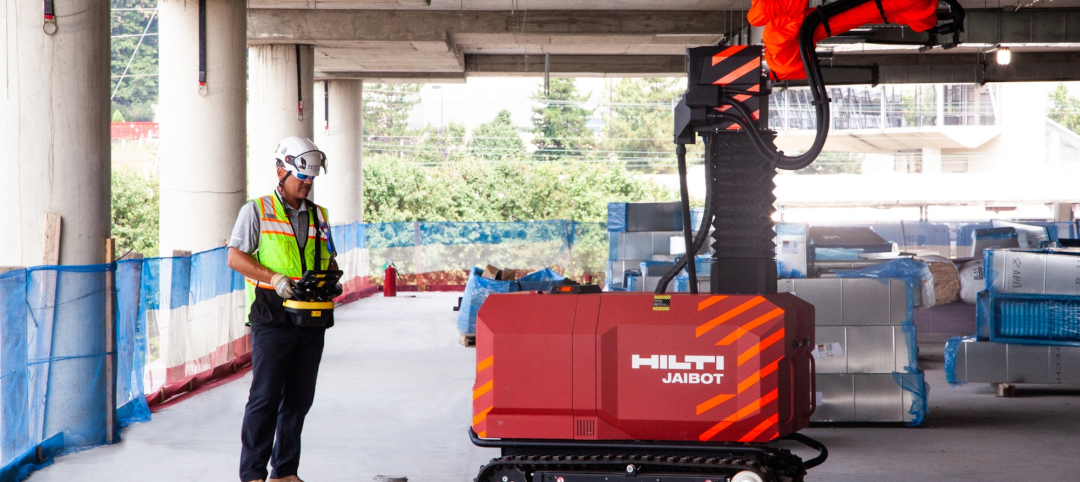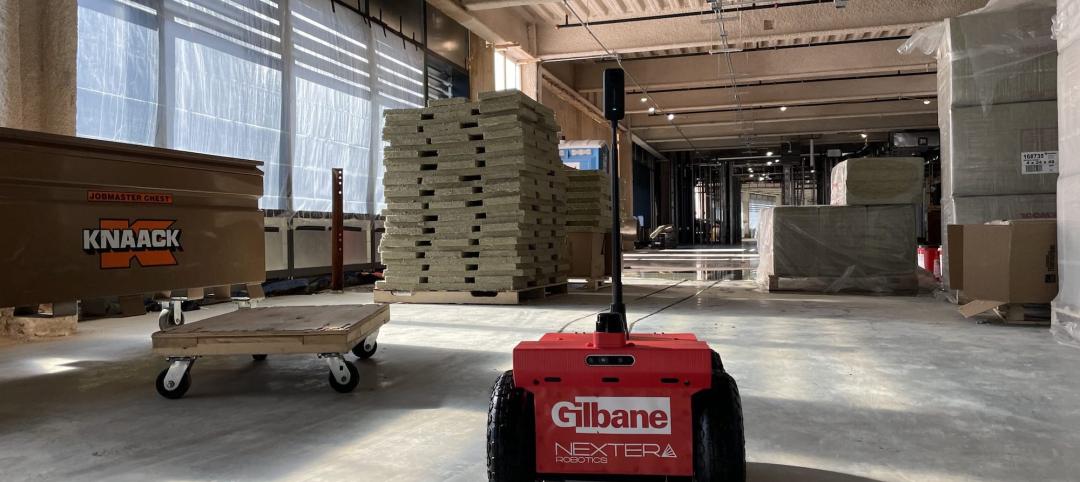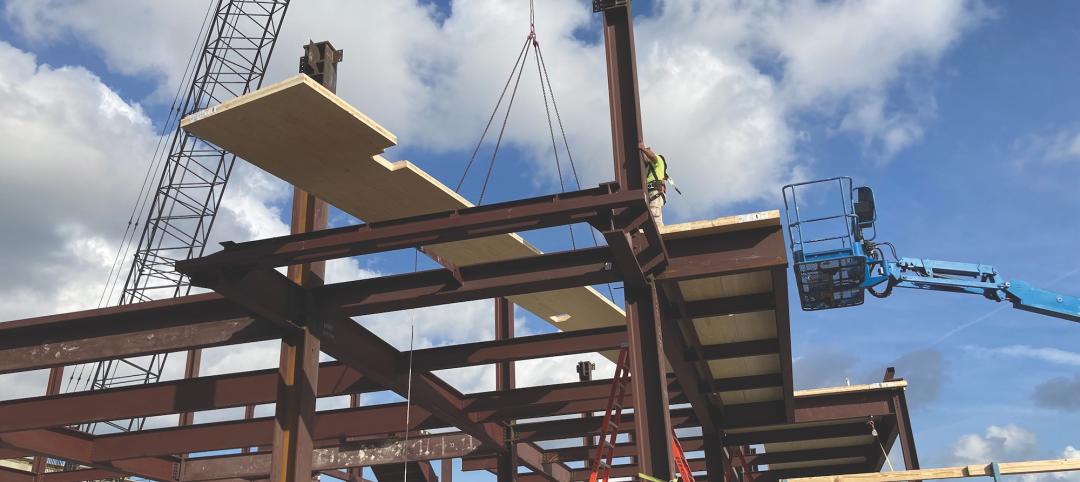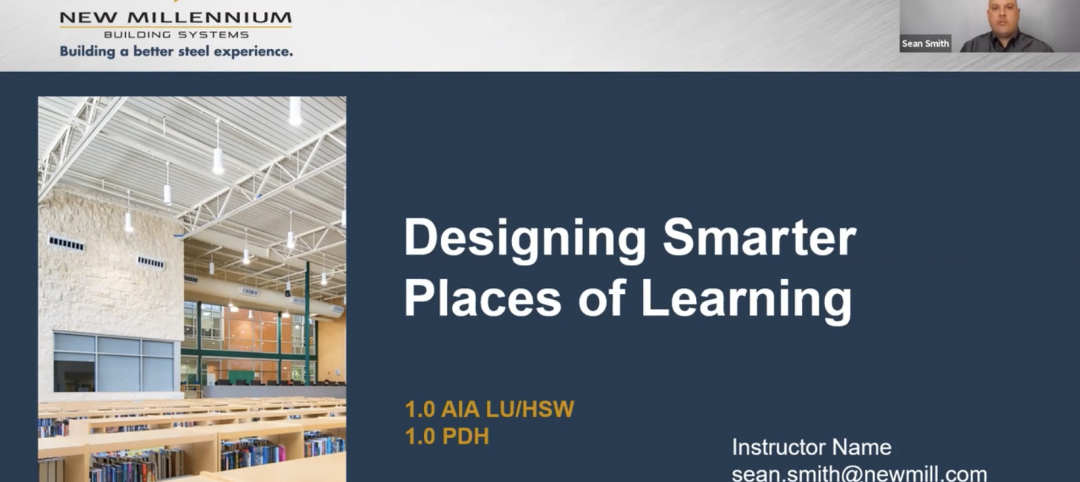Last May, Germany based Thyssenkrupp decided to divide itself into two separate companies as part of a major restructuring effort. That strategy called for spinning off its profitable Elevator Technology business unit via an Initial Public Offering or by putting that unit up for sale.
Elevator Technology, in the fiscal year ended Sept. 30, 2019, generated 907 million Euro (US$1 billion) in cash flow from 7.96 billion Euro in net sales, both up around 5% from the previous year. Thyssenkrupp’s total revenue, just under 42 billion Euro, was up only 1%, and the company reported a 260 million Euro net loss on top of a 12 million Euro loss the previous fiscal year.
Thyssenkrupp, as a corporation, is also groaning under 8.5 billion Euro in pension obligations and 5.1 billion Euro in net debt.
The Elevator Technology unit—which made waves a few years ago with MULTI, the industry’s first sideways-moving elevator transport system—has since drawn interest from at least four investor groups, including one that includes Finnish engineering firm Kone Oyj and CVC Capital Partners, which last week reportedly made a non-binding offer of 17 billion Euro. Bloomberg reports that Kone gave Thyssenkrupp the option of receiving all cash or a combination of cash and stock for the elevator business. And to mollify regulators over any antitrust issues, Kone said it would hand the Elevator Technology operations in Europe to CVC.
Last year, regulators scotched Thyssenkrupp’s attempt to forge a joint venture between its Steel Europe business unit and Tata Steel Ltd.
Last November, Reuters reported that Kone proposed paying Thyssenkrupp a multibillion-euro breakup fee (reportedly the equivalent of US$3.3 billion) to improve its position in the company’s auction of its elevator unit.
The other investor groups vying to acquire Thyssenkrupp’s Elevator Technology unit reportedly include a consortium of Blackstone Group, Carlyle Group, and Canada Pension Plan Investment Board. Advent International, Cinven and the Abu Dhabi Investment Authority form another investor group. And Brookfield Asset Management partnered with Temasek Holdings Pte to bid. These offers reportedly were all under 16 billion Euro, but suitors will have the opportunity to adjust their bids next month.
Thyssenkrupp has also disclosed that it plans to put its plant-building unit—which makes chemicals, cement, and fertilizer plants—on the auction block, possibly selling the division in parts.
Related Stories
Wood | Nov 16, 2022
5 steps to using mass timber in multifamily housing
A design-assist approach can provide the most effective delivery method for multifamily housing projects using mass timber as the primary building element.
Giants 400 | Nov 14, 2022
4 emerging trends from BD+C's 2022 Giants 400 Report
Regenerative design, cognitive health, and jobsite robotics highlight the top trends from the 519 design and construction firms that participated in BD+C's 2022 Giants 400 Report.
Contractors | Nov 14, 2022
U.S. construction firms lean on technology to manage growth and weather the pandemic
In 2021, Gilbane Building Company and Nextera Robotics partnered in a joint venture to develop an artificial intelligence platform utilizing a fleet of autonomous mobile robots. The platform, dubbed Didge, is designed to automate construction management, maximize reliability and safety, and minimize operational costs. This was just one of myriad examples over the past 18 months of contractor giants turning to construction technology (ConTech) to gather jobsite data, manage workers and equipment, and smooth the construction process.
University Buildings | Nov 13, 2022
University of Washington opens mass timber business school building
Founders Hall at the University of Washington Foster School of Business, the first mass timber building at Seattle campus of Univ. of Washington, was recently completed. The 84,800-sf building creates a new hub for community, entrepreneurship, and innovation, according the project’s design architect LMN Architects.
Sponsored | Steel Buildings | Nov 7, 2022
Steel structures offer faster path to climate benefits
Faster delivery of buildings isn’t always associated with sustainability benefits or long-term value, but things are changing. An instructive case is in the development of steel structures that not only allow speedier erection times, but also can reduce embodied carbon and create durable, highly resilient building approaches.
Mass Timber | Aug 30, 2022
Mass timber construction in 2022: From fringe to mainstream
Two Timberlab executives discuss the market for mass timber construction and their company's marketing and manufacturing strategies. Sam Dicke, Business Development Manager, and Erica Spiritos, Director of Preconstruction, Timberlab, speak with BD+C's John Caulfield.
Green | Jul 26, 2022
Climate tech startup BlocPower looks to electrify, decarbonize the nation's buildings
The New York-based climate technology company electrifies and decarbonizes buildings—more than 1,200 of them so far.
Building Technology | Jun 9, 2022
GSA Green Proving Ground program selects six innovative building technologies for evaluation
The U.S. General Services Administration’s (GSA) Green Proving Ground program, in collaboration with the U.S. Department of Energy, has selected six innovative building technologies for evaluation in GSA’s inventory.
Smart Buildings | Jun 1, 2022
Taking full advantage of smart building technology
Drew Deatherage of Crux Solutions discusses where owners and AEC firms could do better at optimizing smart technology in building design and operations.
Sponsored | BD+C University Course | May 10, 2022
Designing smarter places of learning
This course explains the how structural steel building systems are suited to construction of education facilities.


